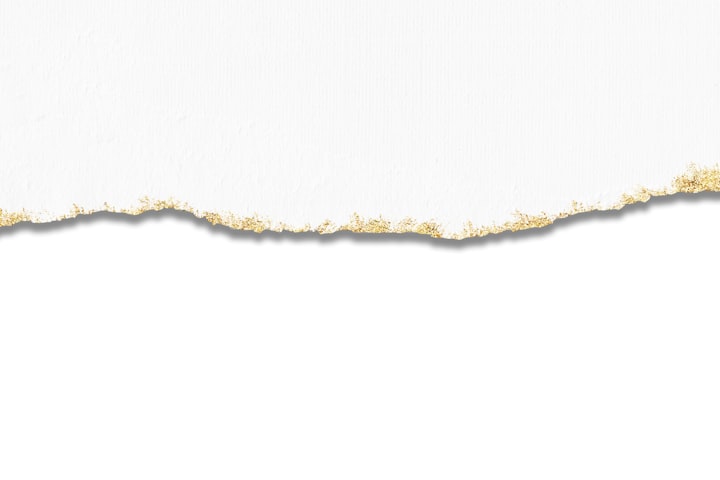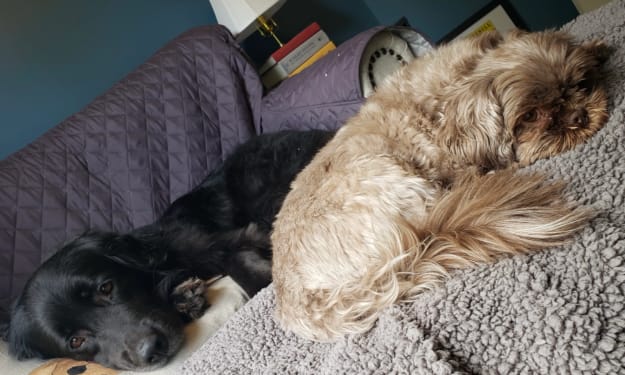I Have Bipolar What Now?
A Long Overdue Diagnosis and the Payoff

It’s weird saying it out loud: I have Bipolar II Disorder. That’s a mental illness.
Which is weird because I don’t consider myself mentally ill. But okay.
What does that mean? Well…my day-to-day life has been characterized by mild depression, which frequently turns into bouts of major depression. Occasionally—not often—I have episodes of hypomania (consisting of hyperactivity, excitability, and risky behaviors). Over the years, the depression worsened, and the mania—a welcome respite and what I thought was “normal”—became extremely rare. I spent most of 2011 thinking about how great it would be to be dead. Life was an endless, exhausting amusement park ride and I just wanted off.
Life was an endless, exhausting amusement park ride and I just wanted off.
I had terrible anxiety as a child and was always cognizant of the fact that I wasn’t as happy and carefree as my schoolmates. I was tragically gloomy in high school and thought there was something wrong with people if they didn’t see the utter misery in this travesty called life. I was irritable and insensitive in every one of my close relationships. I’ve made big fat life proclamations and changed careers a number of times and started countless projects I didn’t finish. Those things made me feel like a failure, which only compounded the depression. Life seemed a messy, unmanageable task.
Most people wouldn’t have guessed I had these issues. This is likely due to the hypomania, the state in which I make most of my friends. To them, I’ll always be that super-friendly, slightly crazy girl they met at that party a long time ago. I’m always worried that I will eventually disappoint them when we meet again and I’m incapable of eye contact or mustering a smile.
Around the time of constantly wishing I was dead, I volunteered for a clinical study for depression (I didn’t have insurance) and at my interview, I told the doctor how I thought about offing myself every day. He asked what kept me from doing it and upon hearing my answer, he told me sorry, but I’m too far gone for their study and I should seek counseling immediately—like, right now. He handed me a couple of hand-written phone numbers, but I never called them.
In 2014, I got health insurance for the first time in years and decided to call a psychiatrist. (In my early 20s, my doctor said I may be bipolar and suggested I get counseling, which I did. That counseling ended up doing more harm than good, but that’s another story.) I told the psychiatrist I’d been struggling with depression. She asked me about drugs and alcohol, so I disclosed my drinking habits: one or two glasses of wine or cocktails per night and downright drunk most weekends. She called me an alcoholic (the jury’s still out) and said she wouldn’t treat me unless I stopped drinking for six months. Or was it six weeks? Whatever. It felt like an eternity. But in the meantime, Go see a therapist, you! Having had more than one negative experience with therapists, I was doubtful it would help. But if that’s what it took to get medication, I’d do my best, darn it.
I told the new therapist why I was there, and he asked my why I enjoy drinking so much. I told him it was like an instant vacation. He asked what I needed a vacation from. Good question. So that’s what we talked about for the next eight months—twice a week at first, then once a week, then monthly for the last two. We talked a lot about my dissatisfaction with life and the ways I could change it. Eventually, I was able to reframe my thinking, and stuff started coming together. This was my first positive experience in therapy and I attribute that to a few different things (same “another story” as above). But while progress was being made in my confidence and processing ability, I still needed help regulating my moods. (Just before I began therapy, I had started becoming physically violent at home. Lawdy, that was something!)
Just before I began therapy, I had started becoming physically violent at home.
Upon completion of my mandated clean period, I went back to the psychiatrist and she prescribed a low dose of lamotrigine, a drug used to treat seizures and bipolar. I was excited but nervous. I’d never taken psychotropic meds before and I was worried it would turn me into a drooling zombie, a lobotomized shell of a human. She and my therapist were both amused by this and assured me it wouldn’t. (I was told, however, that if they were treating me for schizophrenia, it might be a different story. Yeep!)
And?
I’m pleased to say it’s been effective so far. No more violent outbursts or sob-wracked fits out of nowhere! My level of productivity is high and maintainable, whereas in the past, I’d put a ton on my plate (mania) then say who the hell am I to take on all this stuff, I’m a loser, and then quit everything (depression). With a baseline, I now know when I have PMS; before, it was Crazy Bitch all month long. Caveats? I can’t drink as much as I used to (actually, I’m not supposed to drink at all) as it makes me very sleepy and lethargic. So when I do party, I can expect the next day to be a complete waste. But sometimes it’s worth it.
Having been diagnosed, I feel a clarity and relief I never had before. I can’t blame my diagnosis for my past behaviors—I own my actions—but now I have a better understanding of why I did some of the things I’ve done and how to deal when things start to get off-kilter.
I can’t say I’ll never have another suicidal thought or that I won’t mislead people with my mania-fueled enthusiasm again. But I feel pretty good for now and I’ll continue to take my meds for as long as it makes sense. (Doc says it’s a maintenance drug so I should be prepared to take it for life. So be it.)
In conclusion!
I put aside my pride/embarrassment/independence and asked for help after many years of suffering. If you don’t know, it’s very hard to ask for help when you’re depressed. VERY. HARD. Some folks (including myself) tend to joke about it as a way to be honest about their feelings without alarming people, e.g., How’s my day going? Oh, you know. Just trying not to hurl myself in front of a moving bus! Haha!
If you’re often sad beyond what you think is normal, you should have it checked out. There are a million excuses you can make not to (negativity tends to be addictive) but if you’ve fucking had enough, there are cheap or free resources out there to help you; Google it. I’m grateful I had the opportunity to see a mental health professional when I needed one.
If you've fucking had enough, there are...resources out there to help you.
I’m also thankful to the people who didn’t get weird or overly sentimental when I told them I was depressed. A tip for loved ones: don’t ever tell a depressed person “it’s not that bad” or “you just need a little exercise.” Like, ever. Just listen, be empathetic, and gently remind them there are ways of getting help. If it seems serious, it probably is and has been for some time.
----------
Author's note: I wrote this back in 2015 and only shared it with a handful of friends at the time. I was nervous as hell to show anyone. Now that mental health is more a part of everyday conversation, I'm hoping that sharing it more widely will be of help to some. I've learned a few things since then and I plan to offer an update, but haven't organized my thoughts yet. Until then, thanks for reading and I hope you're finding joy where you can.
About the Creator
Nora Novak
I'm all over the place. But that's my charm, n'est-ce pas?






Comments
There are no comments for this story
Be the first to respond and start the conversation.